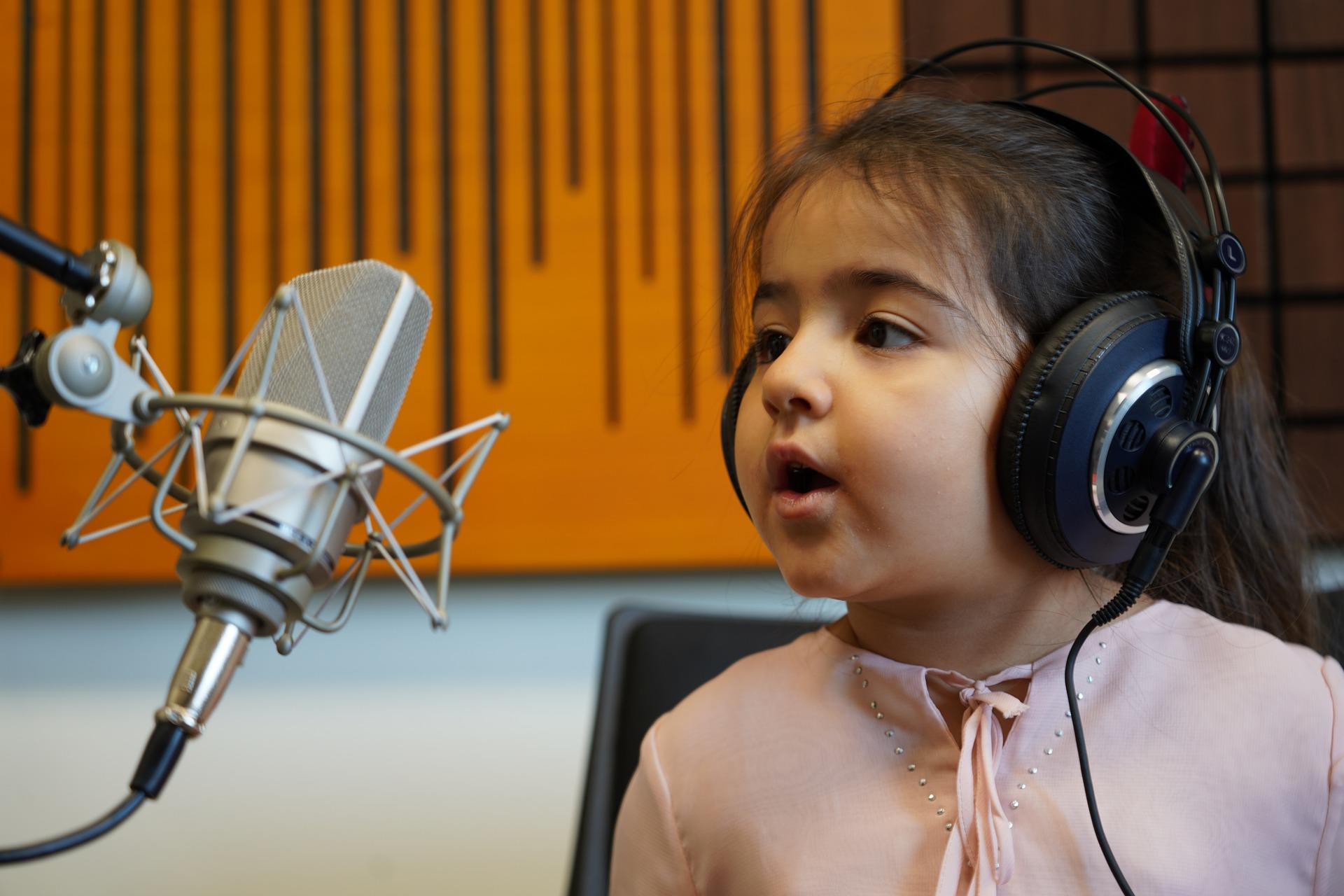Are you ready to start singing lessons? Well done! However, we advise you not to confine yourself to a single musical style.
Exploring new musical genres will open your mind and allow you to vary the techniques used. The melodies, rhythms and structures of different genres will be different.
This is an essential enrichment when you start learning a new genre of music, in order to have a broader musical palette and culture.
You'll see that learning about all musical styles will allow you to integrate solid foundations and build your own identity. Musically it is ideal to progress and open up to new horizons.
In this guide, Superprof explains how to try out different styles of music!

Why Try Out Different Musical Genres?
Have you always thought that you have a rock voice, or on the contrary that you would make an excellent pop-music singer?
Have you also wondered if there is a single vocal technique common to all styles of music? Superprof answers all your questions.
Even if apprentice singers start by learning the basics, there are many ways to sing.
In order to discover music and become familiar with vocal technique, it is essential to work on the basics. In this way, you will be able to approach vocal technique in a healthy way, to relax, to understand your body and to make your vocal organ resonate.
These skills are essential in your learning alongside the study of music history and musicology.
But rest assured, our voice is not predetermined to sing one style of music.
In the end, you can't say that someone has a more jazz voice than baroque! And you can learn to sing in different musical styles. You don't have to start with classical music.
So don't lock yourself into one type of music! Just because you have a soft voice doesn't mean you should stop learning pop songs or folk music.
You are free to try rock music, world music or electronic music. There are no restrictions on your training, it is quite possible to sing different styles.
In fact, there are specific characteristics of musical genres and this can be learned! So we invite you to experiment and play through different types of music.
Once you have mastered the basics of singing, it is up to you to shape your voice and draw out the features you like in each musical register.
Use your music culture to vary aesthetic codes and move from one style to another. It is by exploring that you will one day have the freedom to sing in a different way depending on the context, the mood, the emotions... and have 100% fun!

Acquire the Basics with Opera Singing
Many singers of contemporary music have had classical training. In fact, classical music courses are often recognised as a guarantee of technical soundness and vocal ease.
During the opera singing lessons, you will have the opportunity to explore the breath, range, timbre and power of your voice.
A foundation in singing from the classical period is an asset when approaching other types of music. However, it is not easy to move from one musical style to another.
Even if the study of classical music gives an undeniable mastery and vocal comfort, it is not good to lock oneself into a single style.
If you are in the Bristol area and seeking personalised guidance, consider exploring singing lessons bristol offered by expert tutors.
Let your musical tastes and personality guide you in determining what you like to sing most. If you're into dancehall or Brazilian music, forget about singing lessons.
On the contrary, if Beethoven and Debussy are your reference composers, the world of learned music and opera probably corresponds to you.
Many great singers have made a career out of a well-defined style, but are quite capable of changing their style. The voice works like an instrument. It is up to you to play with the elements of your vocal apparatus to navigate between styles.
People often think that if you can sing opera you can sing anything. But this is not true. The world and the rigour of classical music will lock you into this style from which it is difficult to escape.
Trying out different musical styles will give you a good knowledge of the musical world, but also of your vocal organ. Develop a strong vocal range with the expert-led singing lessons Glasgow ensures.

A Bridge Between All Styles
Some music bridges two worlds. It is true that different music can give rise to a particular style. Ideal for those who want to try out different musical styles!
Cover versions are often a way for artists to cover in their preferred style a work they like from another genre, culture or time. This is the case of gospel music, which has its origins in two musical trends: classical singing and jazz.
If you look closely at the history of music, you will soon realise that many types of music are in fact mixtures of several musical genres!
Indeed, soul music is an African-American music that has its roots in gospel and jazz and later in blues. Pop music is considered the little sister of rock'n'roll with a remix of Latin music.
Many kinds of music have emerged from a hybrid mixture of different musical styles. Examples include pop-rock and hip-pop from popular music, punk rock and hard rock from rock music and neo-metal and black metal from metal.
Musical cross-fertilisation also makes it possible to combine two types of music from different eras, regions or countries and even musical styles.
In Everything is Gonna be Alright, the band Sweetbox mixes baroque music with rap. The rapper then lays his voice on this Bach instrumental.
Another example is the cover of John Lenon's Imagine by Noa and Cheb Khaled. Pop music is mixed with rai melodies!
Crossbreeding is therefore very common in cover versions. Many artists have tried their hand at this exercise by covering popular songs and transforming them according to their cultures, eras and styles.
There are thousands of many great songs that have been covered many times and in many different genres as well!
It's up to you to have fun mixing your influences and covering your favourite song in your own way! Surprise yourself!

Finding Your Own Identity
As you can see, when you want to start singing, it is important to ask yourself what style would suit you. To begin with, ask yourself what you like to listen to, what you would like to sing like, what your predominant character traits are.
In this way, you will produce the music that suits you, because you will be comfortable in your musical world. The important thing is to have fun!
By asking yourself all these questions, you will see what your influences are, who your favourite artists are... This will be an excellent indicator to orient yourself towards styles that are similar to yours.
This starting point will give you some pointers to try your hand at a variety of styles. Alternate a country song with an Elvis hit, or a bossa nova tune with a Latin tune.
By exploring you will find your comfort zone and discover new facets of your voice! By testing and mixing your favourite music styles, you will get your artistic identity.
If you are dynamic and cheerful, electro music or progressive rock may suit you, while if you are more reserved, a romantic and melodic universe will suit you perfectly.
Another tip for trying out different styles is to use the current trends and new music you hear on the radio. You can discover the most listened to music and probably styles you have never experienced!
While some singers stay within a well-defined style, others mix different techniques in their interpretations and still others touch on all musical genres. There are no rules for singing to flourish.
Are you seeking to improve your singing abilities? Browse through the options which surface when you search for singing lessons Edinburgh.
All Genres of Music are Inspired by Others
As mentioned earlier, many styles of music have emerged from the mixing of genres. As any singing teacher will tell you, all techniques are enriched and it is important to explore different genres in order to grow as a singer.
In classical singing and pop singing, the vocal techniques are the same. But the work on timbre makes a big difference in pop music.
Start by training yourself in vocal technique to ensure that you produce the right sound and don't hurt your vocal cords. Then you will be able to learn how to "dress your voice" to fit a style.
In RnB, the singer produces a lot of vibes for example. In pop, the timbre will be privileged. In opera, it will be the performance and the vocal range.
By trying your hand at different registers, you can become a versatile artist. So experiment, have fun, explore all styles of music. Enjoy eclecticism and variety, funk, disco, punk and soul!
Summarise with AI:















